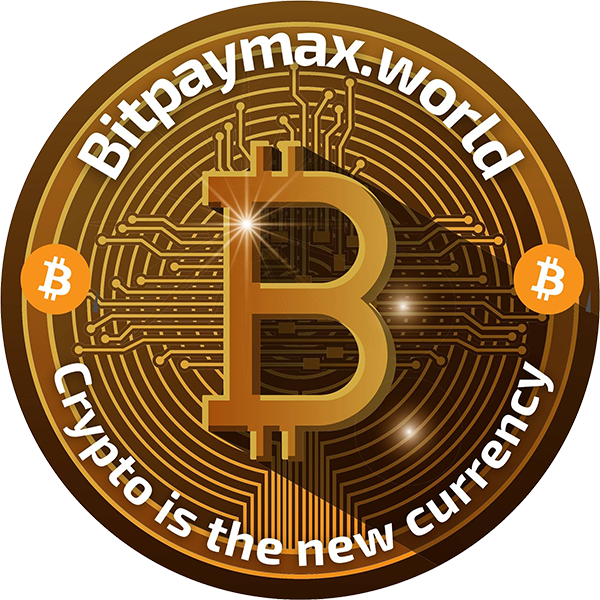Paytm ("Pay Through Mobile") is India's leading fintech company founded in 2010 and headquartered in Noida, Uttar Pradesh. Founded by Vijay Shekhar Sharma, Paytm is part of One97 Communications and offers a comprehensive range of digital payments and financial services.
Background and Development
HistoryPaytm started as a mobile recharge platform, and then expanded to diversified services such as bill payment, movie tickets, and transportation ticketing. In 2014, Paytm launched its digital wallet, which quickly attracted a large number of users. In 2015, Alibaba's Ant Financial became one of its major investors by acquiring a 40% stake in Paytm. In 2017, Paytm became the first payment app in India to surpass 100 million users.
In 2018, Paytm launched Paytm Payments Bank, which offers services such as savings accounts, debit cards, and digital wallets. In 2019, Paytm entered the wealth management space with the launch of Paytm Money, which provides investment and wealth management services.
In November 2021, Paytm's parent company, One97 Communications, was listed on the Indian Stock Exchange, making it the largest initial public offering (IPO) in India at the time. However, the stock price did poorly after listing, and the market value shrank significantly.
Regulatory &
CompliancePaytm's subsidiary, Paytm Payments Bank, was suspended by the Reserve Bank of India (RBI) in January 2024 for failing to comply with the regulations. However, in March 2024, Paytm received a third-party application provider (TPAP) license granted by RBI, allowing it to continue to provide payment services through the Unified Payment Interface (UPI).
In addition, Paytm's subsidiaries, Little Internet and Nearbuy India, have been charged by India's Directorate-General of Enforcement (ED) with violating the Foreign Exchange Management Act (FEMA) by failing to report foreign investments as required. Nonetheless, Paytm says these issues will not affect its day-to-day operations.
Products &
ServicesPaytm offers a variety of payment methods, including UPI, credit cards, debit cards, digital wallets, and more. Users can make bill payments, mobile recharges, movie tickets, train tickets, flight ticketing, and more through Paytm.
Paytm offers a variety of payment solutions for merchants, including QR code payments, POS terminals, online payment gateways, and more. Merchants can accept payments from consumers through Paytm.
With Paytm Money, users can make investments in stocks, bonds, mutual funds, and more. Paytm Money offers a streamlined investment process designed to attract more retail investors.
Paytm offers financial products such as microloans, insurance, and more. Users can apply for loans or purchase insurance products through Paytm to enjoy convenient financial services.
Market Positioning &
StrategyPaytm's main target customers are small and medium-sized businesses and individual consumers in India. By providing a variety of payment and financial services, the company helps enterprises achieve digital transformation and improve operational efficiency. In addition, Paytm is also actively expanding into international markets, especially in the field of cross-border payments.
However, Paytm faces fierce market competition and regulatory challenges. Companies need to continue to innovate and respond flexibly to maintain their market position.
Neutral
EvaluationPaytm As one of the leading fintech companies in India, Paytm has successfully supported the digital transformation of a large number of SMEs with its comprehensive payment and financial services. The company's compliance efforts ensure the sustainable development of the business. However, in the face of India's complex regulatory environment and fierce market competition, Paytm needs to continue to innovate and respond flexibly to maintain its market position.
For more information, please visit the official Paytm website at https://paytm.com














